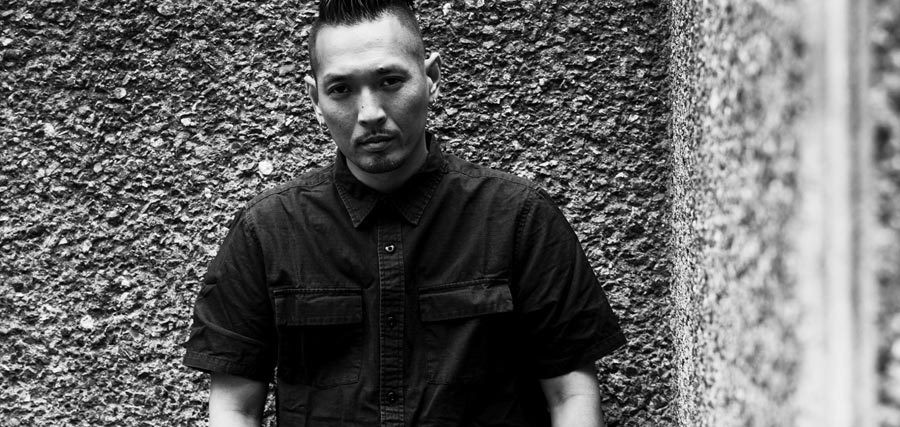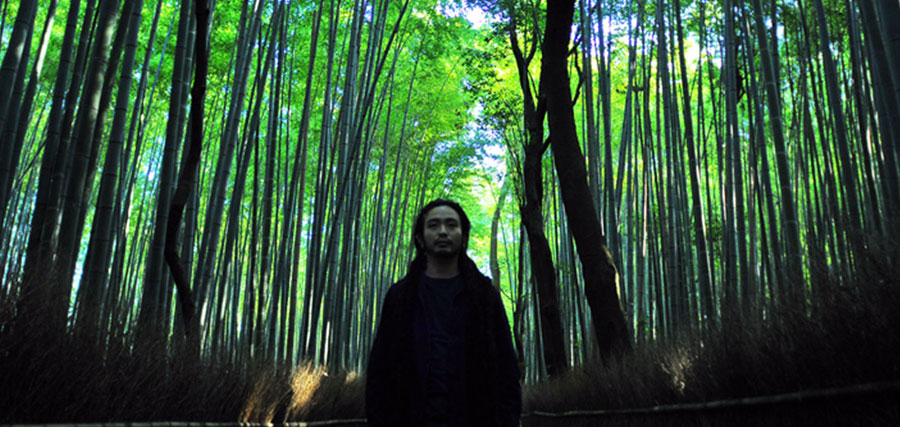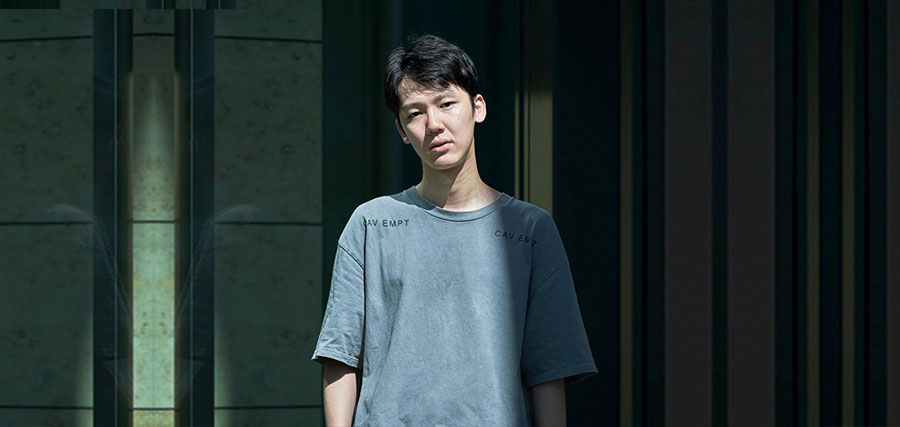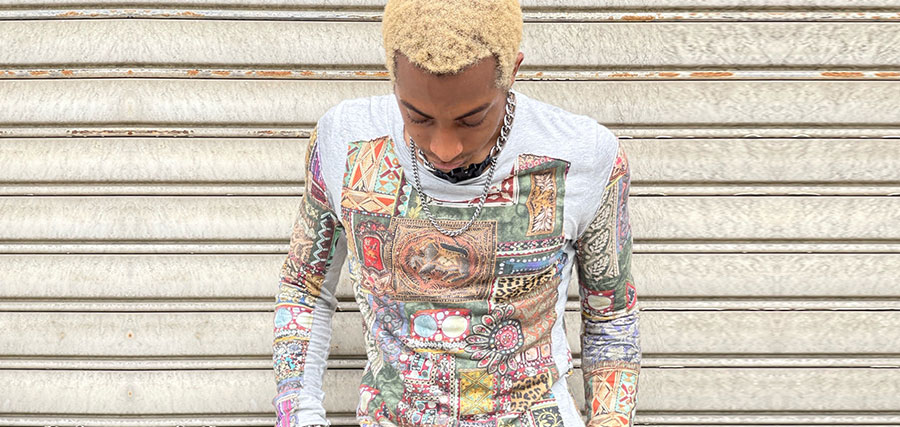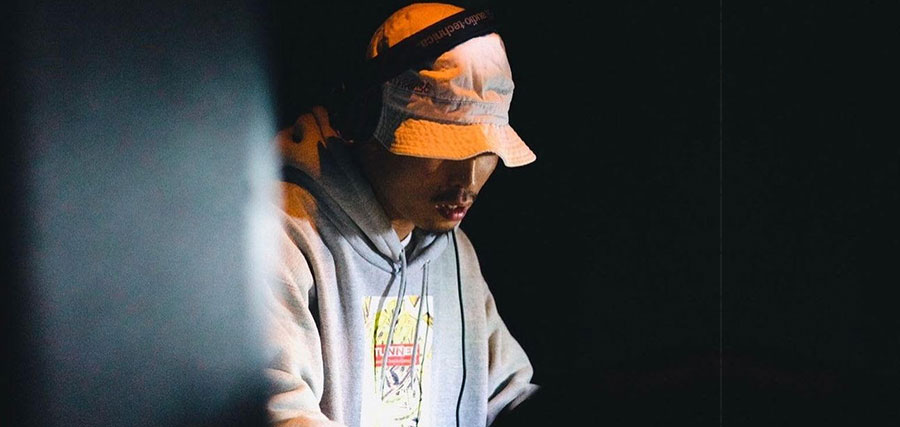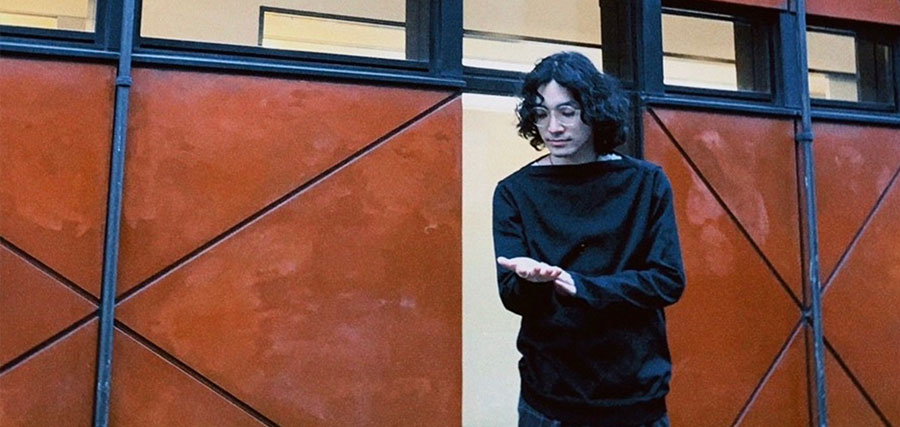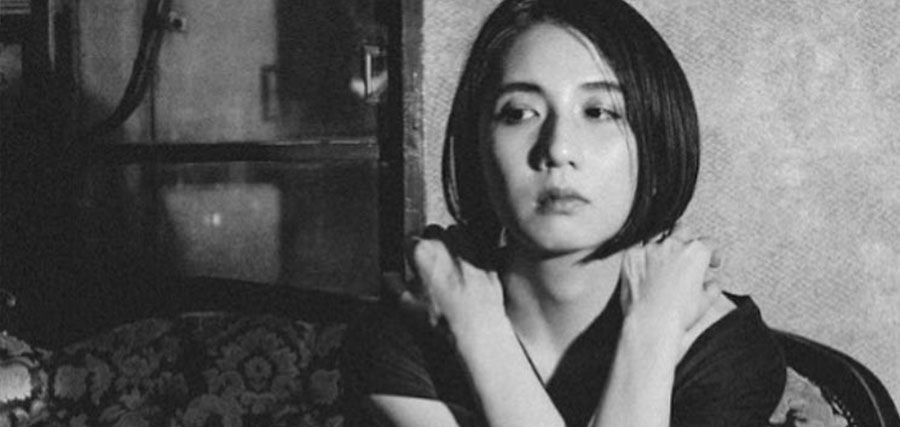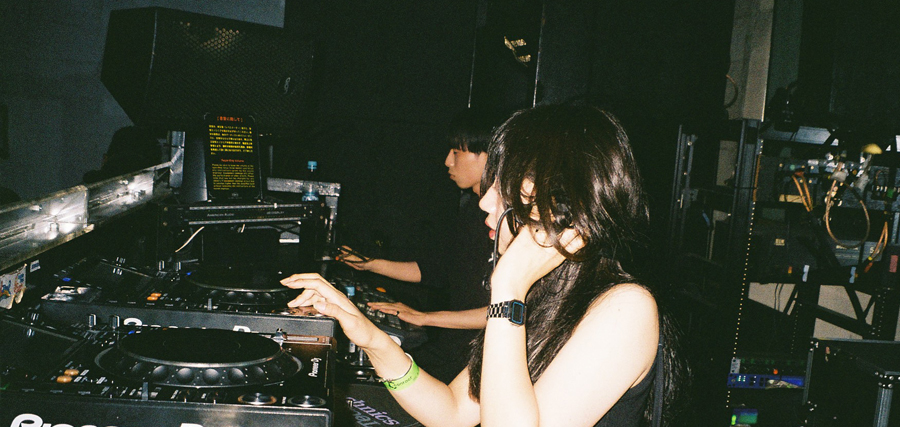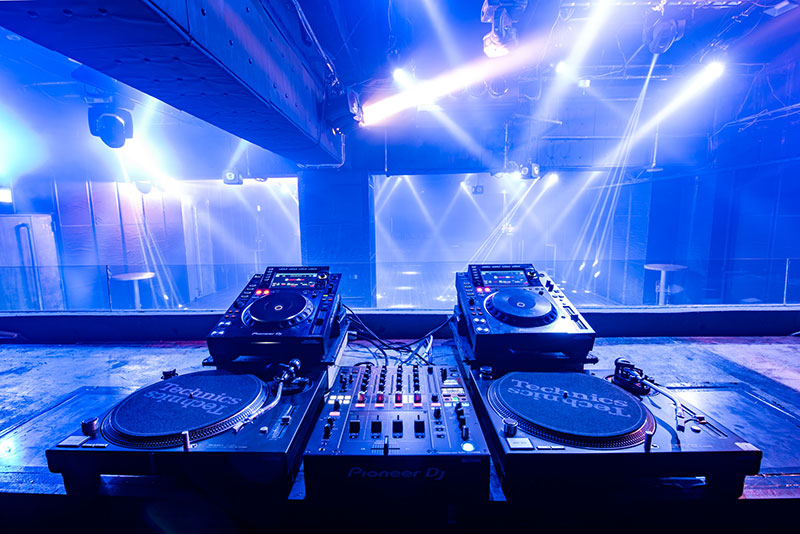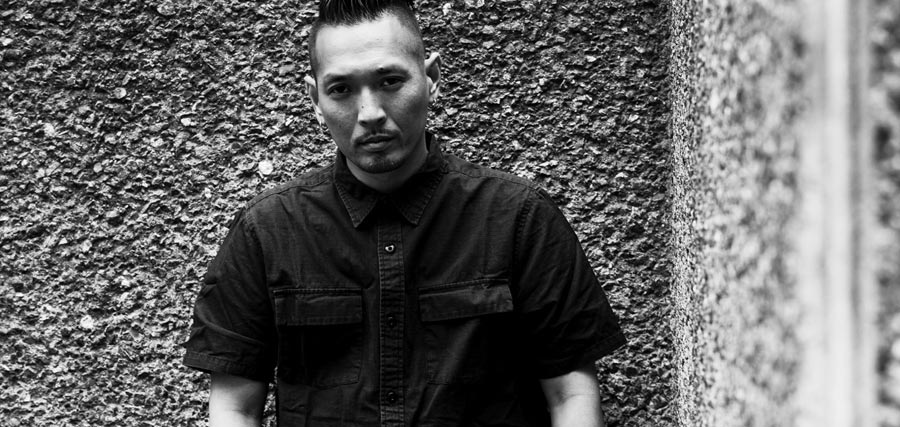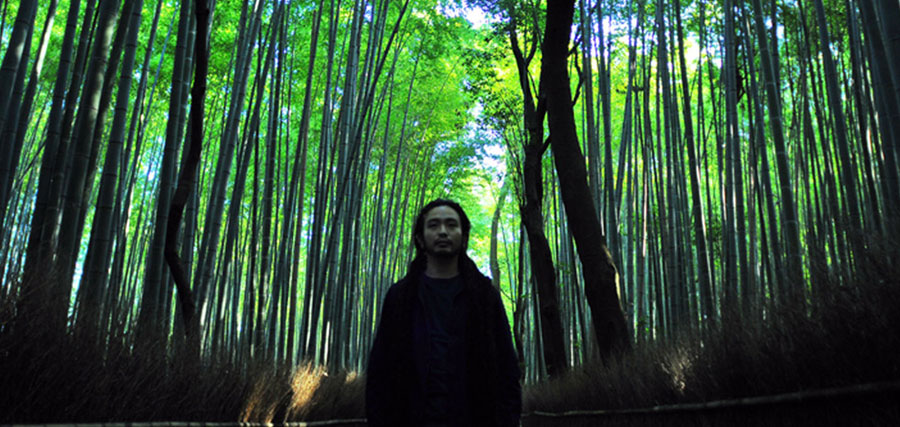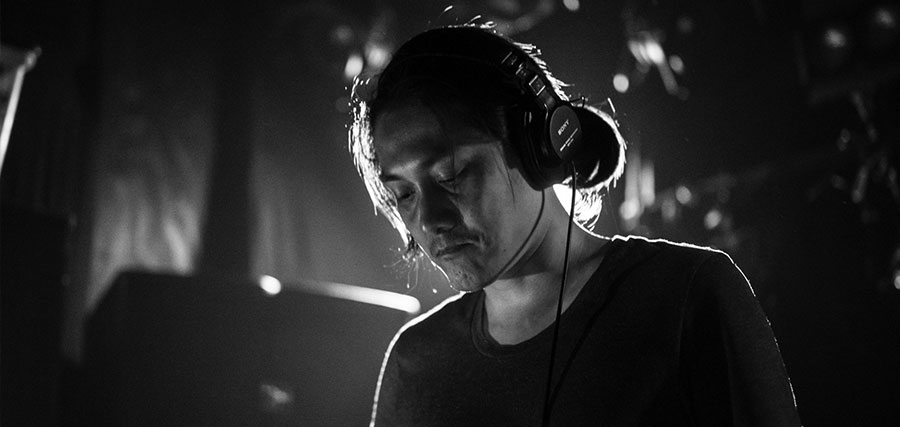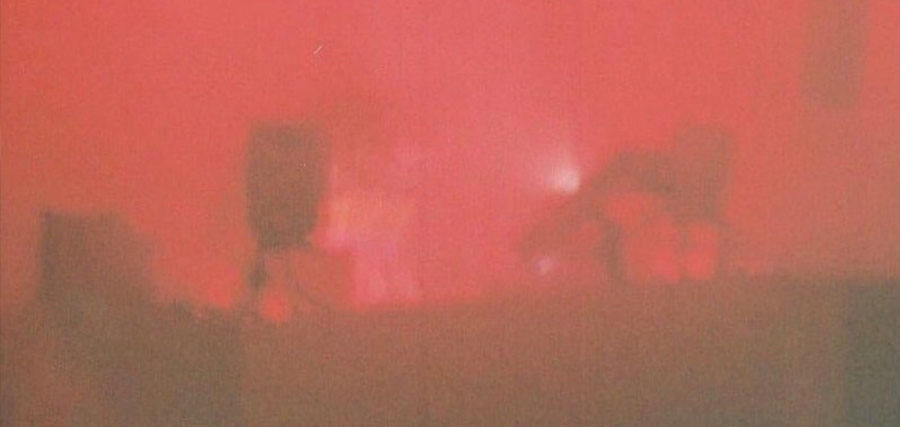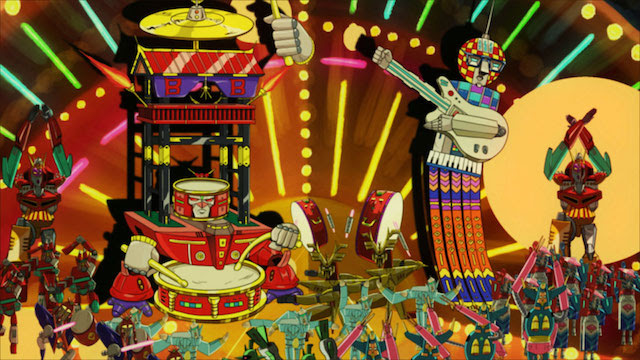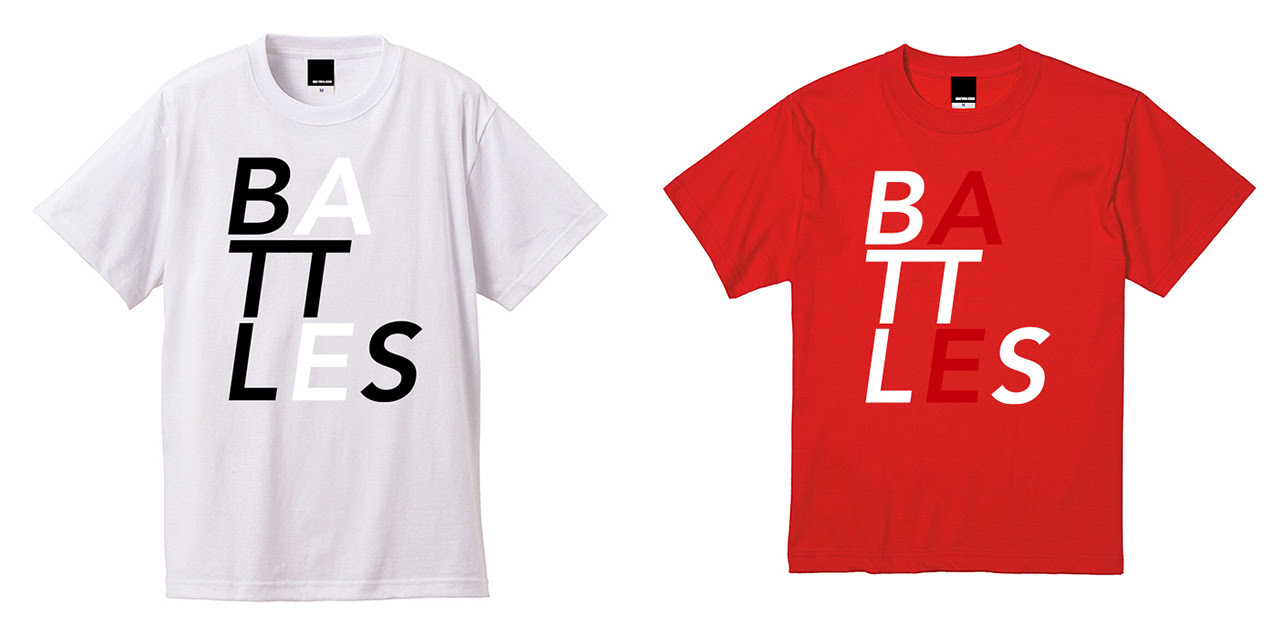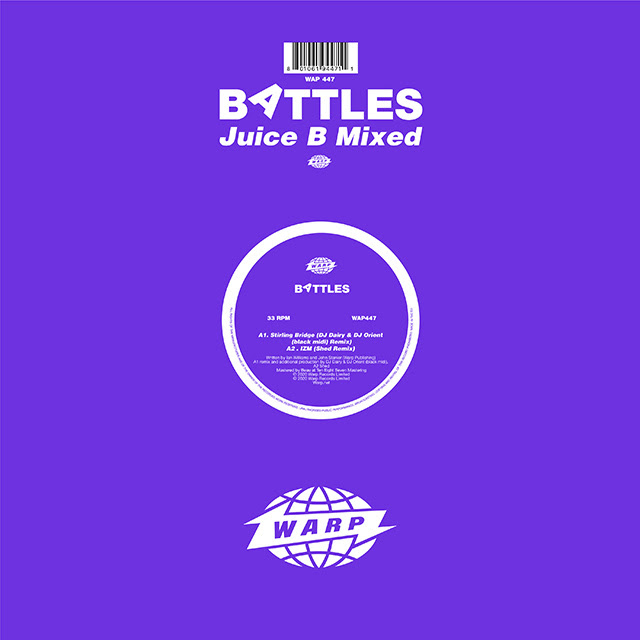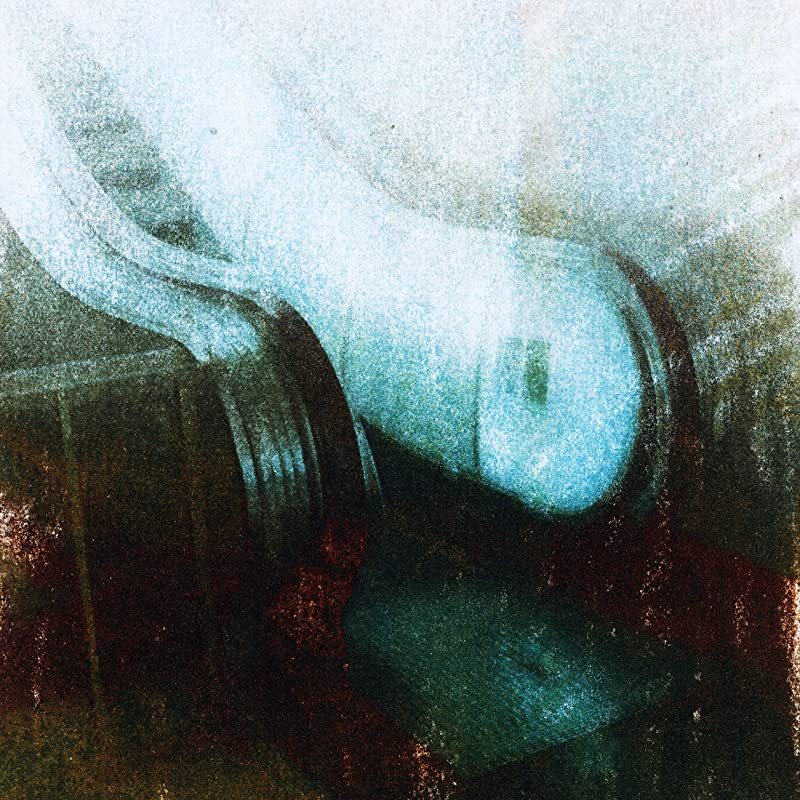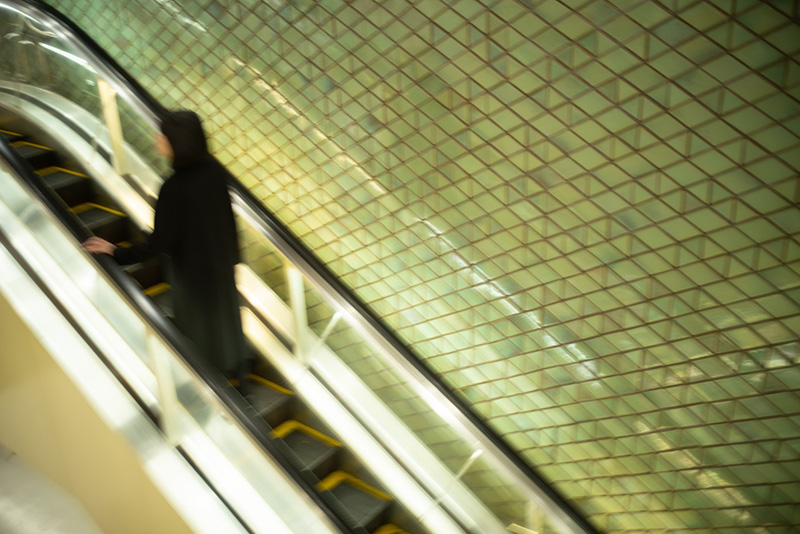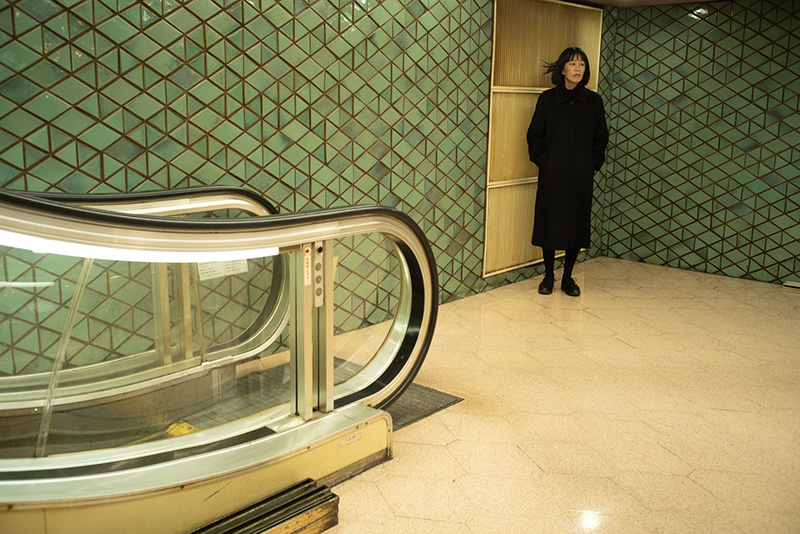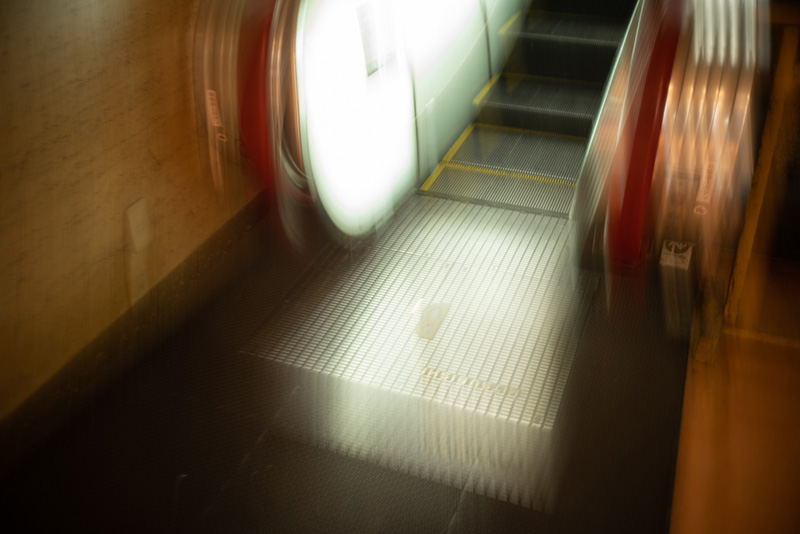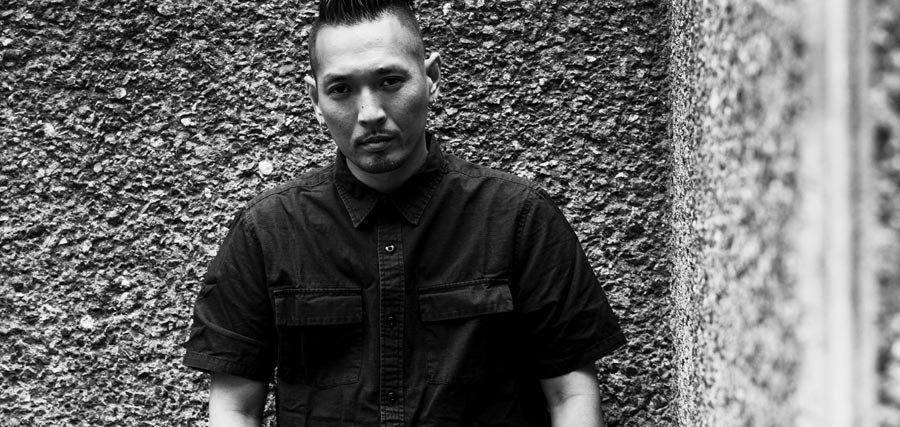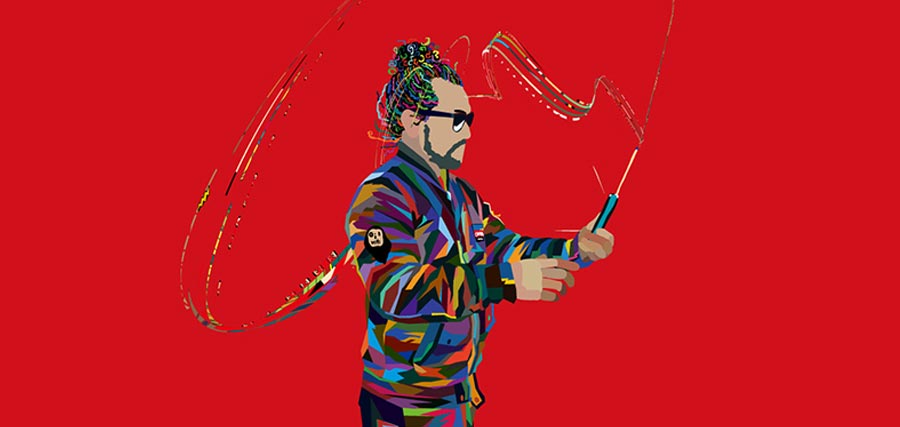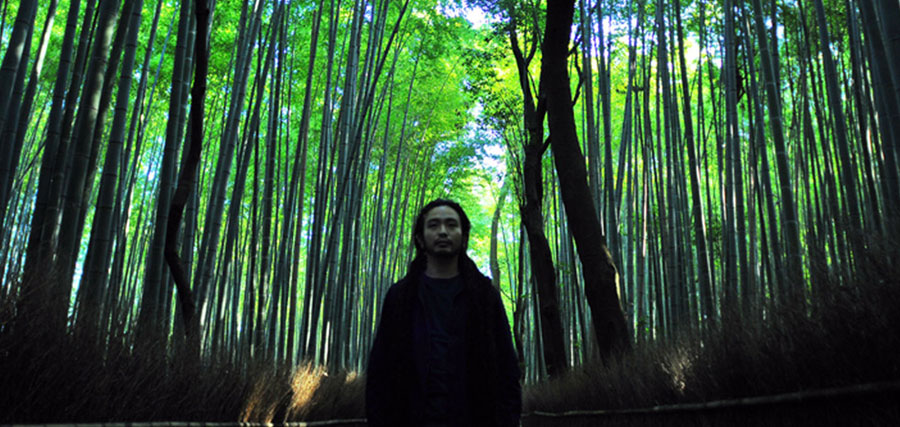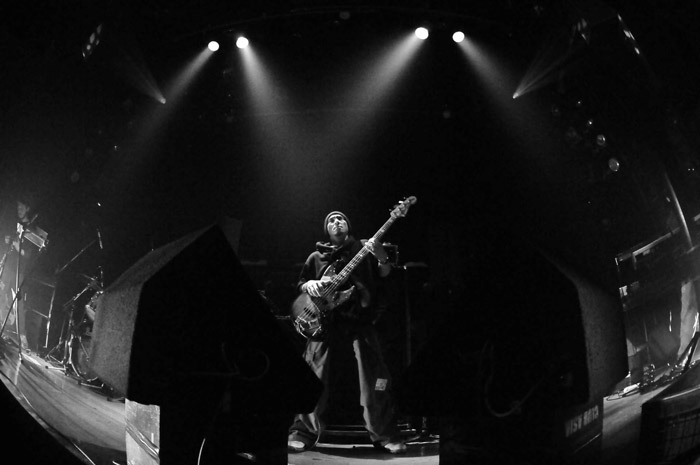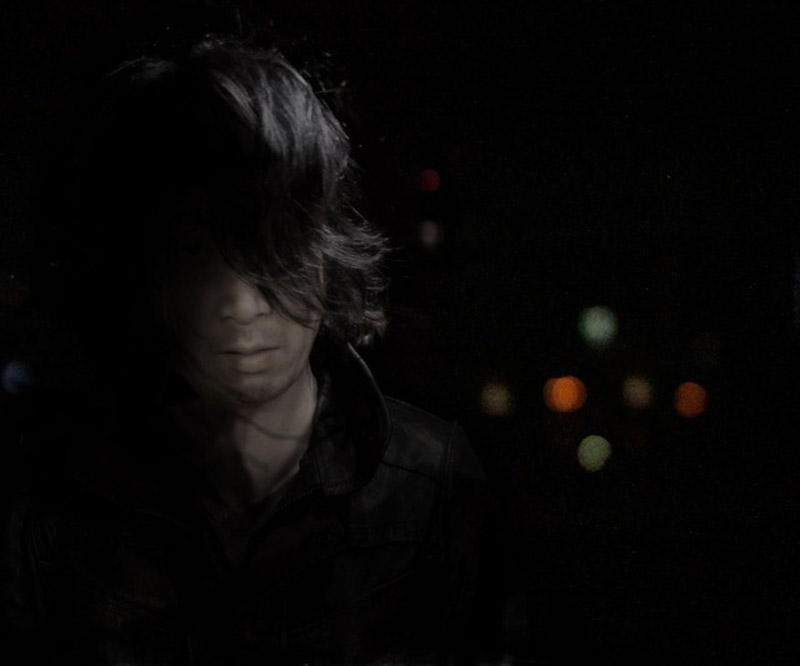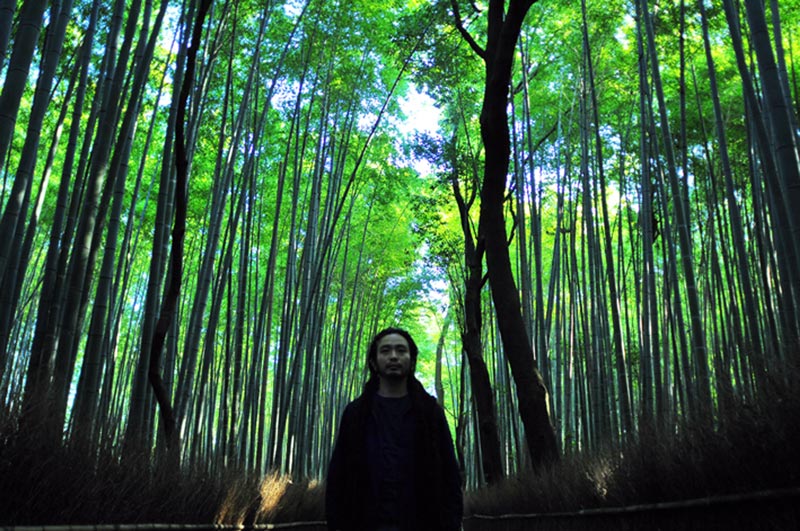‟ガールズ・バンド ” という概念は、元来不条理なものだ。
勿論、ガールズ・グループに対してボーイズ・バンドという言葉も存在する。これは最近では、おおむね作りこまれたポップな商品であることを意味する。この業界のある側面は、しばしば搾取的であり、このようなアーティストたちはあきらかにメンバーの性的な魅力を利用して売り出されていることも、すべての加担者が基本的に理解していることだ。しかし、ロックの分野では “ガールズ・バンド ” という言葉は通常、外部から押し付けられたものであり、女性の芸術形式を男性の規定値から分離し、女性たちの作品が何を伝えようとしているかに関わらず、性別というレンズを通した型にはめてしまうのだ。私が東京で時々一緒に仕事をしている、女性がリードする素晴らしいポスト・パンク・バンド、P-iPLEは、Twitterのプロフィールに素っ気ない調子で「私たちはガールズ・バンドではない」と記している。
もうひとつ、明らかにガールズ・バンドではない男性ばかりから成るアイルランドのノイズ・パンクスであるガール・バンドは、最近バンド名をギラ・バンドに改名した。10年前に元のバンド名を採用したのは、まさにその不条理さにこそあり、多くの人にとっては今でもどちらかというと無害な皮肉ぐらいに捉えられるのは、名前に込められたジョークがあきらかにバンド自身のことを指しているからだ。それでも彼らには絶え間ない反発が寄せられ、何年も前に馬鹿々々しいジョークとしてつけたバンド名を使い続ける利点よりも、最終的にはこの言葉が人を不快にする、あるいはノン・インクルーシヴ(非包括的)であると受け取られるリスクの方が高いと判断したようだ。
社会の生々しい部分を指摘する人たちへの無責任な対応は、何も新しいことではなく、激しい対立や整合性のない指摘は、リスナーに音響的な不快感を与えようとする音楽と密接に結びついている。スティーヴ・アルビニが1980年代にビッグ・ブラックやレイプマン時代に放った過激な挑発の数々は、ガール・バンドという間抜けなバンド名のユーモアと比較するのは必ずしも有効とは言えないが、アルビニが当時について語ったことから、このような問題やそれを指摘する人への対応の背景にある暗示などの興味深い洞察を得ることができる。
それは、大雑把でリベラルであるアーティスティックなバブルのなかで生活をしていると、自分が属する社会集団の規範が、必ずしも外の世界と共有されていないことを忘れがちになることに起因する。アルビニは「自分自身、そして多くの仲間たちは思い違いをしていた。人びとの平等とインクルーシヴネス(包括性)の獲得への戦いはすでに勝利で終わり、やがては社会においてもそれが発現し、私たちが対立や衝撃、嘲りや皮肉で何かを害することはないと思っていた」と総括している。
4人組の男が “ガールズ・バンド ” というような馬鹿げた発想で遊ぶのは、性差別に打ち勝った勝利のダンスをしているように見えるかもしれない。だが、音楽の世界で活動する女性たちがあらゆる障害に直面し続けることを考えると、このジョークはもはや同じようには通用しないし、ミュージック・シーンでハラスメントや差別を経験した女性たちは、それらの問題を顔面に突き付けられたように感じるかもしれないのだ。
バンド名の変更は、ほんの数文字を変える小さなもので、バンド自身は軽視していたもの確かだ(彼らは私がここで問題提起しているよりもずっと小さなこととして扱った)。だが私にとって興味深いのは、彼らの芸術がオーディエンスにますます敬意を持って受け入れられている様であり、それこそがギラ・バンドのニュー・アルバム『Most Normal』の素晴らしさの鍵となるかもしれないということだ。
ノイズ・ロックは元来、不条理な音楽だ。
それは、聴く者に居心地の悪さを与えようとする音楽だ。メロディやハーモニー、そして従来の心地よさや満足感をもたらす全てのツールを意図的に除去するかわりに、ディストーション、騒音や断片的なリズムを武器としている。それはまた、ある種の子供じみた音楽でもあり、物を壊してかき混ぜ、そこに出現するカオスや混乱、悪臭などに喜びを見出す。
だがそれは同時に遊び心があり、好奇心をそそる音楽でもある。思いがけない音のテクスチュアに、厳格なロックの伝統の外側にあるものを感じ、再発見する喜びに没頭できるのだ。この分野で活動するバンドが3枚目のアルバムを作る際、冒険心を失わずに成長するにはどうすればいいのだろうか?
ひとつの方法は、鳴り響く金属的な不協和音や、吹き出す紙やすりのようなディストーション、そして対立するリズムの一つひとつがどのように着地するのかに注意を払うことだ。どの混乱した音が痺れるようなものに変化するのか、どこで喜びと痛みの間に走る緊張感を保つのか、そしていつそのバランスを、酔ったようなよろめきで一方向に傾かせるのかに敏感になることだ。
『Most Normal』は、1トンの爆発物のような着地を見せるが、バンドの過去2作のアルバムと比較して、その分野に対しての高まり続けるインテリジェンスや自覚に導かれている。オープニング・トラックの ‟The Gum“ の金切り声のようなディストーションを強調するように反復するディスコ・パルスは、バンドがエレメントのバランスを取ることに確信を深めているのが分かり、2曲目の ‟Eight Fivers” を際立たせる轟音の爆発は、拳を突き上げるような高ぶりからEDMのビート・ドロップに着地する。アルバムを通して、ギラ・バンドはサウンドをこれまでにないほどの挑戦的な極限へと押しやり、ほとんどメロディを落ち着かせることはないながらも、それぞれのエレメントの、オーディエンスへの作用を敏感に感じ取り、恍惚とした残酷さでリスナーの感覚を操っている。
微かな旋律の気配が漏れ出る最後から2曲目の ‟Pratfall” では、Lowの前2作のアルバムの特徴であった素早く走るようなディストーションに引き裂かれ、ふるいにかけられる。他でも同様に、アルバムがタイトでまばらなビートと吐くようなノイズの発作の間を飛び火する様は、リスナーを、その忍耐力の限界までプッシュすることを存分に意識した内部のリズムによって作られている。
ギラ・バンドが改名についての説明をする際に、あまり深く考えずに決めたことで、「この選択を正当化したり、説明したりすることは不可能だとわかった」と言及している。この、説明できないということこそが、彼らが名前を変えたことが正しかった理由であり、『Most Normal』の音楽が、不快感を享受しながらより鮮明な音楽的な理由でもって、それを証明している。それは未だに馬鹿げた、生意気なパンク的な面白さだが、薄っぺらに着想されたものでも気まぐれなものでもない。いまやすべての要素が、なぜそこにあるのかを正確に把握しているようだ。
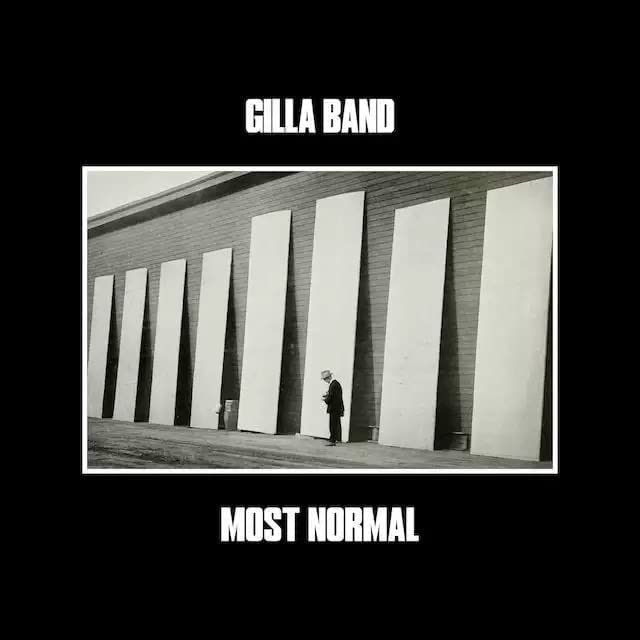
Gilla Band – Most Normal
Rough Trade /ビート
Gilla Band, girl bands, and musical discomfortby Ian F. Martin
The idea of a “girl band” is essentially an absurd one.
Of course the term boy band exists too, as the alliterative counterpart to the girl group: nowadays meaning a more or less manufactured pop product. Exploitative as this side of the industry often is, it’s basically understood by all participants that these acts are being sold explicitly on the gendered appeal of the members. In the rock arena, though, the term “girl band” is typically imposed from the outside, segregating women’s art from the implicitly male default, framing their work through the lens of their gender regardless of what they intend to communicate. One band I sometimes work with in Tokyo, the wonderful female-led post-punk band P-iPLE, put it bluntly on their Twitter bio: “We are not girls band.”
Another band who are definitely not a girl band are all-male Irish noise-punks Girl Band, who recently renamed themselves Gilla Band. The absurdity of the term was at the heart of their adoption of it as their band name ten years ago, and to a lot of people it probably still seems like a more or less harmless bit of irony, where the joke is clearly on the band themselves. Still, they received a steady stream of pushback over it and eventually seem to have decided that the potential for it to be read as mocking or non-inclusive outweighed the benefits of sticking with a name they clearly came up with as a silly joke years ago.
This sort of playing fast and loose with signifiers that poke at raw spots in society is nothing new, with harsh juxtapositions and mismatched signifiers going hand in hand with music that seeks to sonically provoke discomfort in the listener. The extremeness of the provocations Steve Albini unleashed via Big Black and Rapeman in the 1980s mean they’re not necessarily a very useful comparison with the goofy humour of a band name like Girl Band, but Albini’s subsequent discussion of that time does offer some interesting insights into the thinking behind and implications of playing with these issues and signifiers.
Partly, it comes down to how life in a broadly liberal artistic bubble makes it easy to forget that the norms of your social group aren’t always shared by the world outside. Albini summarises, “For myself and many of my peers, we miscalculated. We thought the major battles over equality and inclusiveness had been won, and society would eventually express that, so we were not harming anything with contrarianism, shock, sarcasm or irony.”
So four guys playing with a patently absurd idea like the notion of a “girl band” might feel like a victory dance over defeated sexism. However, once you consider that women in music continue to face all manner of obstacles, the joke doesn’t work in the same way, and to women who have faced harassment or discrimination in the music scene, it could feel like having those troubles thrown in their face.
It’s true that the name switch was a small change, of just a couple of letters, and one the band themselves downplayed (they made it far less of a deal than I’m making of it here). What interests me, though, is that it shows a growing respect fot how their art lands with its audience, and this maybe offers a key to what’s so fantastic about the new Gilla Band album “Most Normal”.
Noise-rock is essentially absurd music.
It’s music that wants to make you uncomfortable, It deliberately strips songs of their melody, harmony and all the conventional tools to trigger comfort and satisfaction, instead reaching for distortion, discord and fractured rhythms as its weapons. It can be a childish sort of music too, that breaks things and stirs the shit just to delight in the chaos, mess and bad smells that emerge.
But it’s also playful and curious music. It delights in the unexpected, in the texture of sound, it’s steeped in a sense of rediscovery outside the rigours of rock tradition. For a band in this general arena making their third album, how do you mature without losing that sense of adventure?
One key way is to pay attention to how every piece of clanging dissonance, blown-out sandpaper distortion and rhythmical confrontation lands — to be conscious of which fucked-up sounds resolve into something electrifying, when to hold the tension between pleasure and pain and when to let the balance lurch drunkenly one way or the other.
“Most Normal” lands like a tonne of explosives, but it’s guided with a growing intelligence or awareness of its terrain compared to the band’s previous two albums. The repetitive disco pulse that underscores the screeching distortion of opening track “The Gum” offers an immediate sense of the band’s growing assurance in how they balance their elements, while the bursts of thundering noise that punctuate second track “Eight Fivers” land with the fist-pumping heart-surge of an EDM beat drop. Throughout the album, Gilla Band push sounds to ever more challenging extremes, hardly ever reaching for the comfort of melody, but somehow applying each element with a keen sense of how it’s working on the audience, puppeteering the listener’s senses with ecstatic cruelty.
Where the hint of a tune does filter through, on penultimate track “Pratfall”, it’s ripped apart and filtered through the sort of skittering distortion that characterised Low’s last couple of albums. Elsewhere, the way the album ricochets between tight, sparse beats and convulsions of vomiting noise happens according to an internal rhythm that’s aware of the limits of the listener’s patience just enough to push them.
When explaining their change of name, Gilla Band noted that they had chosen it without much thought and increasingly “found it impossible to justify or explain this choice.” This inability to explain is the most important reason why they were right to change it, and the music on “Most Normal” in its own way proves the point, revelling in discomfort but with an increasingly clear musical reason. It’s still silly, snotty punk fun, but it’s not flimsily conceived or whimsical: every element now seems to know exactly why it’s there.
